Joy Crookes: What Bangladesh independence means to me
- Published
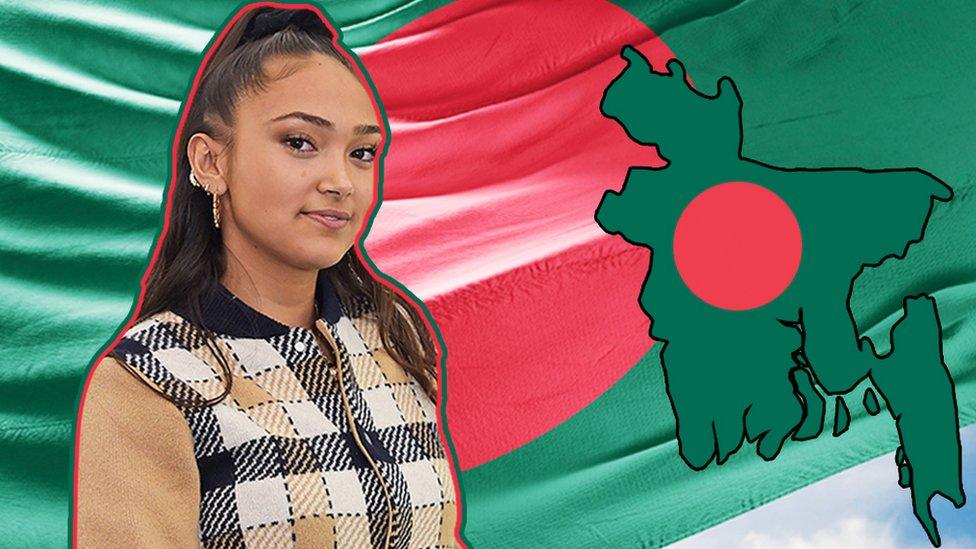
"There is no title without blood. Unfortunately, I lost a lot of my family in that war."
Fifty years ago, Bangladesh declared its independence from Pakistan after a conflict which resulted in an estimated half a million dead and millions more without a place to call home.
For singer Joy Crookes, who was born to a Bangladeshi-Bengali mother and an Irish father, the month of March is an emotional time.
"I feel proud. It wasn't my first-hand experience, but as a second-generation Bengali, it's very much in my day-to-day and the way I speak," she tells Radio 1 Newsbeat.
"The war made us a matriarchy because a lot of the men in our family passed away. And I feel incredibly grateful to be alive, to be able to use my voice and music to tell that story."
As part of BBC Asian Network's celebrations to mark Bangladesh's 50th year of independence, the 22-year-old gave a music session, including her first-ever live performance in Bengali.
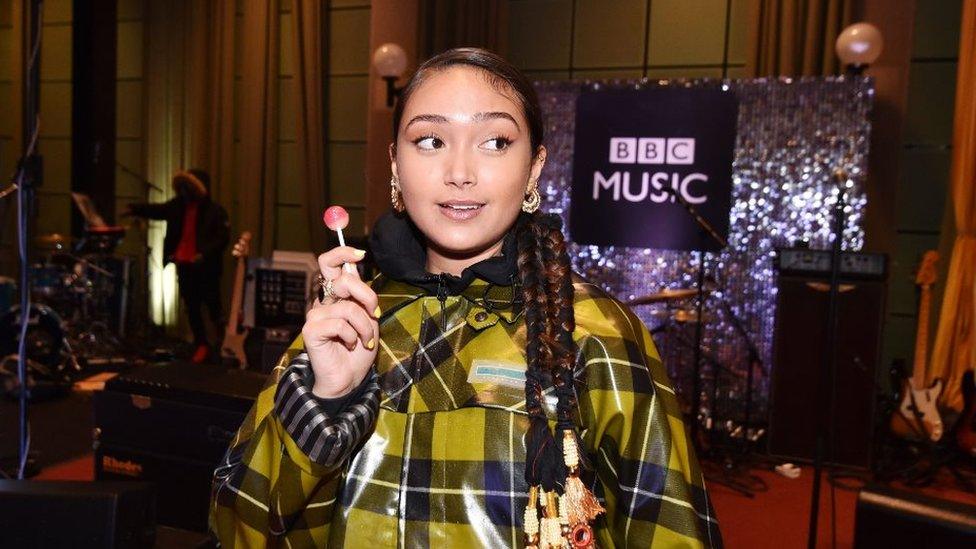
Joy Crookes came fourth on BBC Music's Sound Of 2020 poll
Joy says it's "really important and a huge achievement" to perform in Bengali, because of the time she spent learning the language.
"When a country fights for its independence, it's not only fighting for its people, but for its art, music, storytelling, poems, and voice."
For Joy, to be a Bangladeshi woman on a stage in the West, using her voice and hopefully encouraging more artists "feels like carrying fuel from the fire of the war".
"It's what our families fought for. For us to be in these positions where we can speak and aren't penalised for it," she adds.

Bangladesh Independence War, 1971
The conflict was sparked when East Pakistanis (who later became Bangladeshis) voted in favour of governing itself, and West Pakistan responded by sending in its army.
Thousands of women were raped, students and professors at university were attacked and an estimated 10 million East Pakistani civilians were forced to flee to India.
India invaded in support of the East Pakistani people and soon after, East Pakistan became the independent country of Bangladesh.
The exact number of people killed is unclear. Bangladesh says the killings amounted to a genocide and three million died, with independent researchers saying there were up to 500,000 fatalities.

'You have to make noise for your voice to travel'
It was a very personal option for Joy to tap into her culture.
"It didn't start from a music video or me becoming a musician. It started much earlier.
"When I felt a void that needed to be explored and understood, as I was growing into this brown woman," she says.
But the type of music Joy makes is a reflection of her personality and stories.
"Being half Bangladeshi and half Irish, both cultures are incredible at telling stories."
Allow YouTube content?
This article contains content provided by Google YouTube. We ask for your permission before anything is loaded, as they may be using cookies and other technologies. You may want to read Google’s cookie policy, external and privacy policy, external before accepting. To view this content choose ‘accept and continue’.
"The Bengali language lends itself so beautifully to telling stories, to creating a scene or an exaggeration of the story sometimes. Particularly how aunties tell stories."
She feels empowered to speak her mind because of the fight for independence.
"I'm going to say what's on my mind, because I had family that didn't get to do that. And I'm in the privileged position where I can."
"When you are from a culture or background that has had to fight to be heard, you have to make noise for your voice to travel."
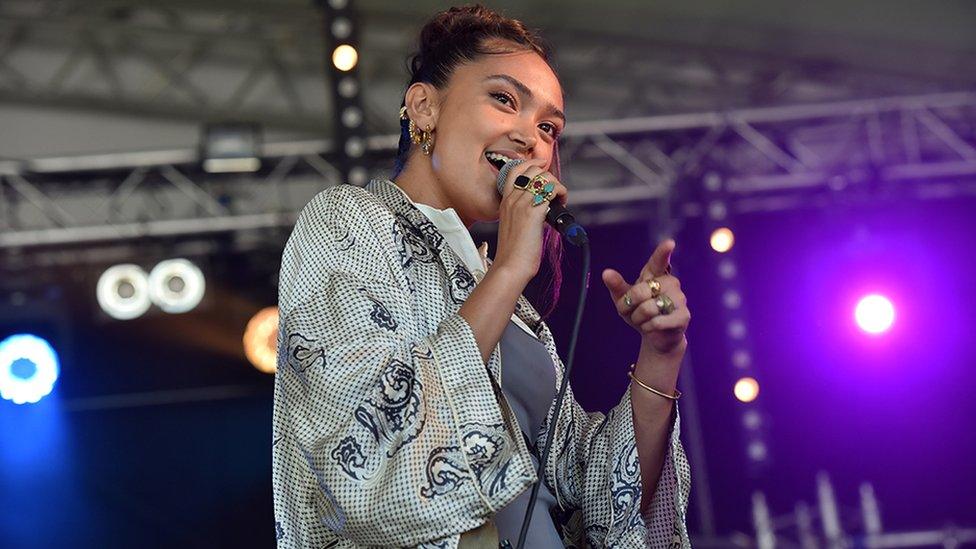
Joy was nominated for the Rising Star Award at the 2020 Brit Awards
Growing up, Joy says she "was ridiculed" for the way she'd look and dress, for the traditional music she'd listen to and was even told she "smells of curry".
But at the Brit Awards last year, Joy chose to wear a traditional lehenga dress.
"It goes beyond representing Bangladeshi culture, it's representing myself. I want to be able to feel like anywhere I put my foot, no one can question that I belong there."
"If I'm going to an award ceremony, I'm not going there to be someone else, I'm going there to be myself. And part of me is my culture."
Allow Instagram content?
This article contains content provided by Instagram. We ask for your permission before anything is loaded, as they may be using cookies and other technologies. You may want to read Meta’s Instagram cookie policy, external and privacy policy, external before accepting. To view this content choose ‘accept and continue’.
Compared to the "physical risks" her family took to become Bangladeshi, she says wearing clothes uncommon on a western music red carpet is "minor compared to what they went through".
And it would be a bonus if it helps people feeling uncertain about their identity.
"If that just so happens to transcend and speak to people who think they're not allowed to be proud of incredible traditional outfits, that's amazing."
"Your identity is up to you. And I hope that young people can have their foot on any floor in any room and feel like they belong there," she adds.

More from Asian Network's week of celebration on BBC Sounds


Follow Newsbeat on Instagram, external, Facebook, external, Twitter, external and YouTube, external.
Listen to Newsbeat live at 12:45 and 17:45 weekdays - or listen back here.
Related topics
- Published16 January 2020
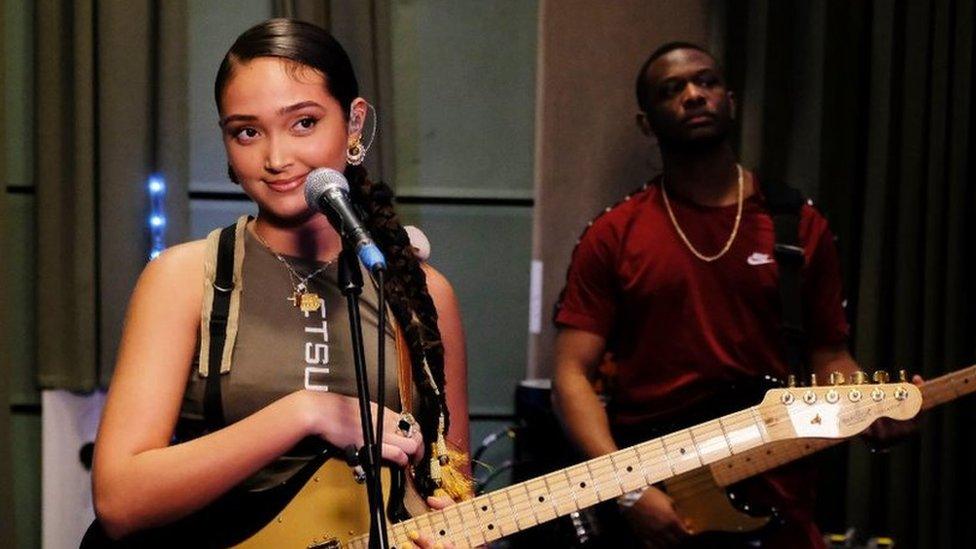
- Published6 January 2020
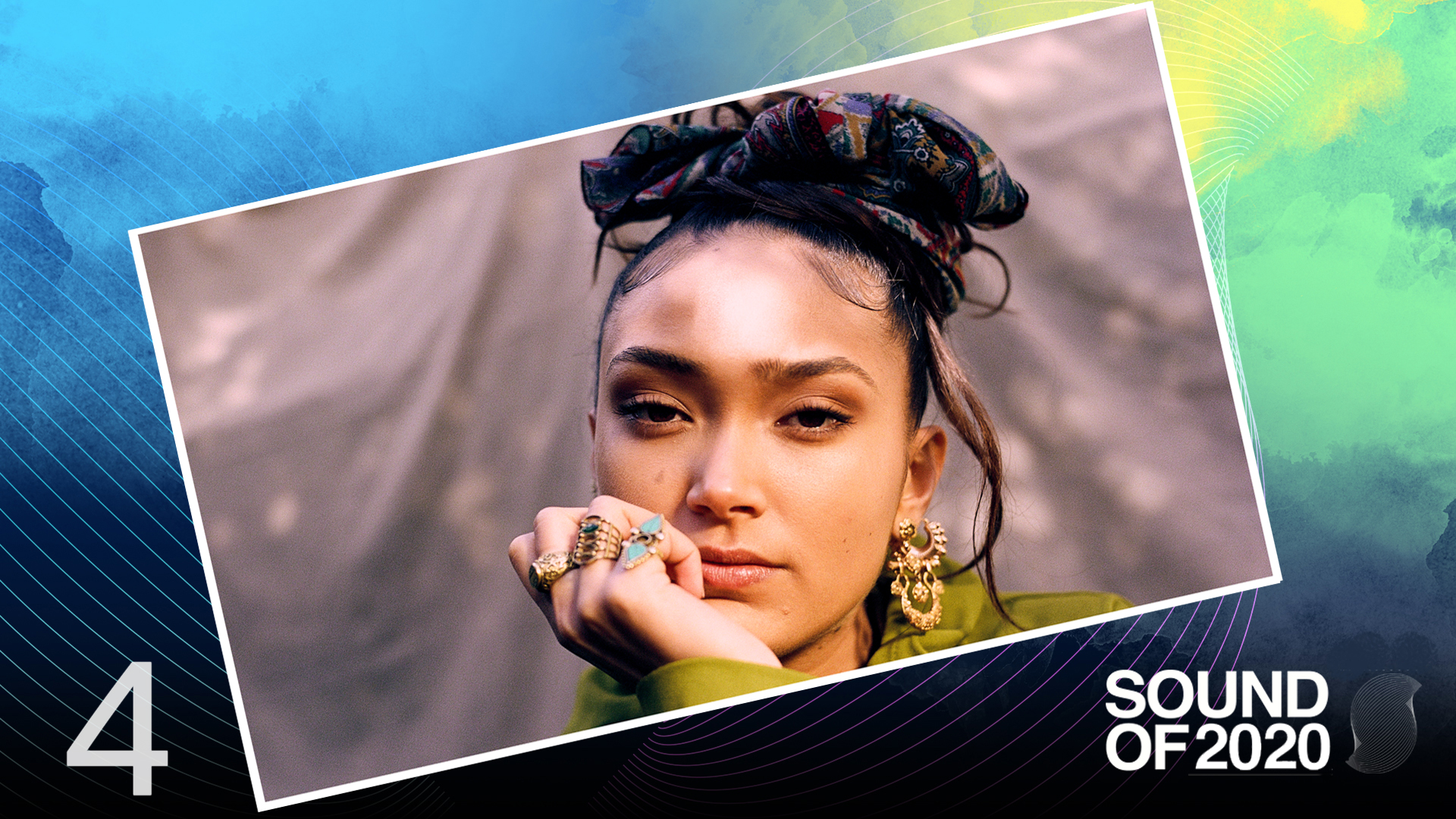
- Published18 April 2015
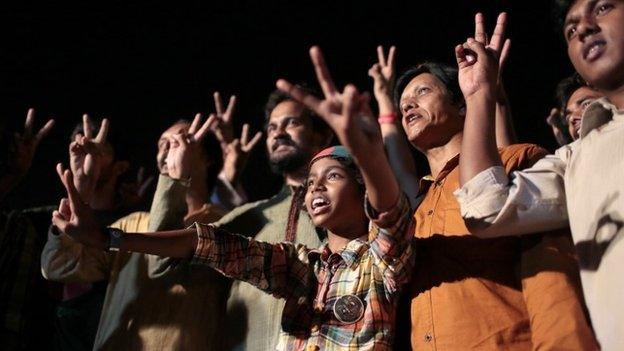
- Published19 December 2013
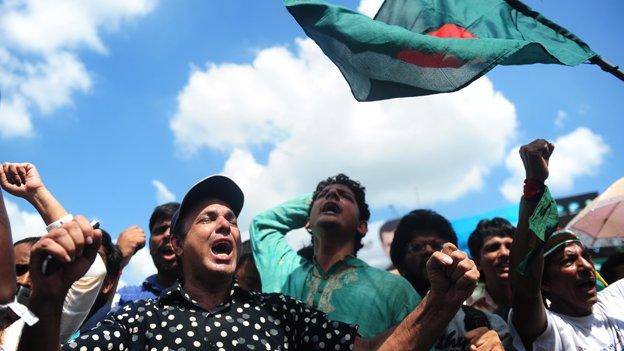
- Published16 December 2011

- Published24 March 2021
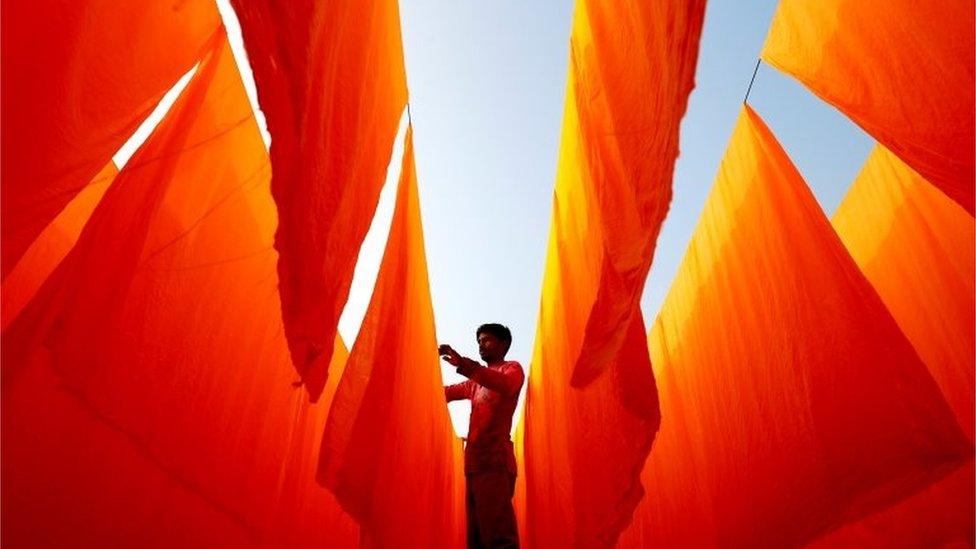
- Published26 February 2019